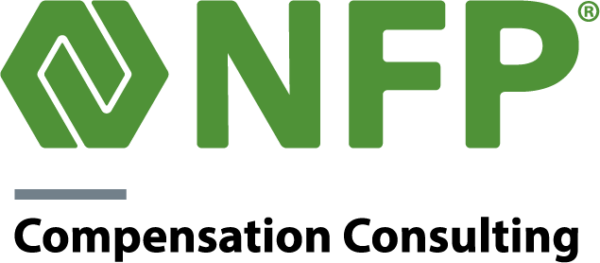The Board’s Role in Managing Crisis

As many of us settle into what has become a new normal, businesses are feeling the wave of negative effects the Coronavirus (COVID-19) has brought to the American economy and are desperately trying to navigate the challenges brought forth by this crisis. For many it has meant salary cuts, furloughed employees and altered every-day business operations. But how should boards react in a time of crisis? Specifically, in this article, key issues are addressed relating to managing crisis during times of uncertainty. It’s critical that companies review their plans strategically to ensure they effectively balance internal and external stakeholder interests.
Boards play a crucial role in this process and can bring substantial contributions to help their organizations withstand and recover from the crisis. Below we highlight six key areas Boards should focus on:
1. Health and Safety
This is first priority – is the company actively demonstrating corporate purpose, being part of the broader response and truly living out their mission and values statements to their employees?
- Have plans in place that ensure employee safety and support
- Communicate those plans clearly and in a timely manner
2. Operational and Risk Oversight
- Are the board and management well informed of developments and what is being done?
- Have they assessed the company’s exposure to COVID-19 and how it has affected business operations?
- Has the board and management evaluated response plans to minimize potential risk to financials and key operational processes?
- Are there pressure-test checks with management on maintaining progress as crisis management?
- Is the board creating external communication and reporting strategies to the company’s employees as well as stakeholders and the broader market in a timely fashion?
3. Board/Governance Continuity
- Have directors defined crisis roles in the event an executive becomes sick?
- Are executives’ current roles and performance objectives suitable or should the board make appropriate revisions and suspensions to pay programs? The board should implement routine reviews of management in the near-term as the crisis intensifies.
- If workforces are currently practicing remote operations, what are the current impacts directly affecting the business?
- Quick decisions are crucial for addressing impact, in the event of substantial declines in processes or operations, has the company assessed the results of this outcome?
4. Business Contingency Plans
- Has the board and management developed a virtual meeting place within business contingency plans?
- The board and management should set the tone at the top. How are board members and executives protecting their wellbeing from exposure to the coronavirus?
5. Crisis Management
- Has the board provided guidance to management in response to the crisis?
- Is there an understanding about boards and management’s alternatives and acting quick to restore confidence?
- What are the most likely risks the company could continue to face?
6. Aftermath of COVID-19
- What methods used during the crisis can be applied post-COVID-19?
- The next several quarters will be difficult for management and boards globally. Boards should focus on “what if” planning and assess additional volatility within their industry.
The board and management should establish another committee under the board of director’s umbrella who are tasked with crisis management. While we are hopeful the COVID-19 crisis has reached its peak and we can begin to see signs of recovery soon, boards and management must work together to navigate this difficult climate. NFPCC notes that in addition to evaluating the most pressing concerns above, due to the unprecedented times, it’s absolutely crucial to keep the connection between the board and management relevant in the crisis. Boards must also emphasize the critical importance of frequent updates from management to the employees and stockholders. It is anticipated that boards may need to revise their thinking or make additions to this list as additional guidance is issued. Being proactive during the downhill of the crisis will position organizations for a successful recovery. Boards need to be confident, flexible, and have all hands on deck right now.
We are sure directors and management teams have many questions related to governance during this period. Don’t hesitate to contact NFP Compensation Consulting should you need strategic guidance on governance issues or maintaining stability in your compensation programs during this time of distress.







